Why do multinational companies like Apple consistently employ child labour?
It is no surprise that child labour persists as fair-trade prices become increasingly “unfair” in the eyes of producers. According to UNICEF, there is “an estimate of 150 million children worldwide” engaging in child labour practices despite growing humanitarian movements. These activists, however, often forget to consider the culprit, or in this case, the businessmen’s perspective.
Aware of the unethical nature behind child labour and their responsibilities as not only businessmen but also citizens of this society, there must be a stronger force driving their continuous wrongdoings. In Milton Friedman’s “The Social Responsibility of Business Is to Increase Its Profits” and Edward Freeman’s “What is Stakeholder Theory?”, they present two different perspectives and the corporate leaders’ internal conflict between obeying their “social conscience” (Friedman 173) and acting “in the best interest of the corporation” (174). For Apple, their engagement in child labour practices shows that their priority simply lies in maximizing their profit instead of promoting business ethics.
“Social Conscience” or Profit Maximization?
For companies like Apple and Disney, the answer is obvious. Cutting labour costs makes it easier for them to meet their oriented goals as the world’s leading companies.
In order to maintain a positive public image, however, Apple denies such unethical practices despite the evidence. They hire the Chinese suppliers to do the dirty work and hide behind the scene as if they had no clue. When confronted, Apple argued that “the agency conspired with families to forge identification documents”.
Do corporations feel guilty once they lay down their “social conscience“?
This is probably how they convince themselves into adopting unethical practices:
“Well, child labour exists because these children in rural areas are desperate for a job to survive. Even if the wages are unfair, and working conditions are horrible, we are providing them with opportunities to sustain their living.”
Once a business accepts this mindset, it becomes dangerous — it numbs their conscience from sensing guilt. But to a certain extent, their assumptions are right. Since governments in China, India, and Africa do little to nothing in protection of these underprivileged children, and have almost no restrictions on child labour, it encourages corporations from developed countries to take advantage of the situation and partake in unethical practices.
What can WE do?
As young adults entering the business world, we need to understand our values and prioritize them.
We can’t end child labour, but we can be a part of the effort by supporting local humanitarian organizations. We can advocate for the children suffering in China, demanding for better working conditions, higher wages, and most importantly, government interventions in developing countries to set restrictions on child labour.
Together, let’s fight for these children.
Works Cited
Child Labour. (n.d.). Retrieved September 13, 2017, from https://data.unicef.org/topic/child-protection/child-labour/
Garside, Juliette. “Child labour uncovered in Apple’s supply chain.” The Guardian, Guardian News and Media, 25 Jan. 2013, www.theguardian.com/technology/2013/jan/25/apple-child-labour-supply
Word count: 445
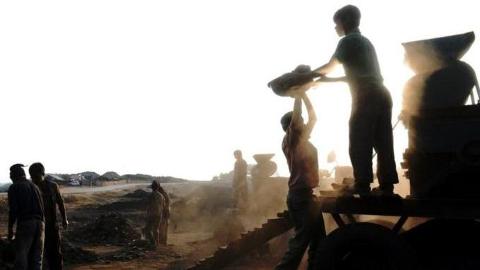
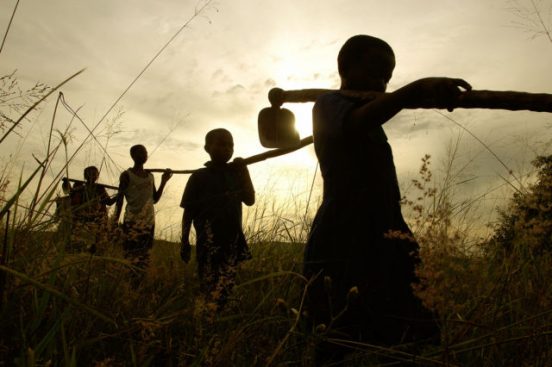
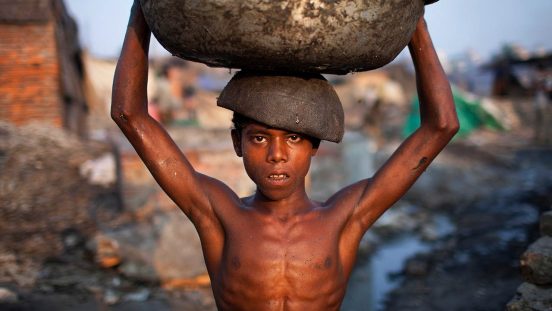
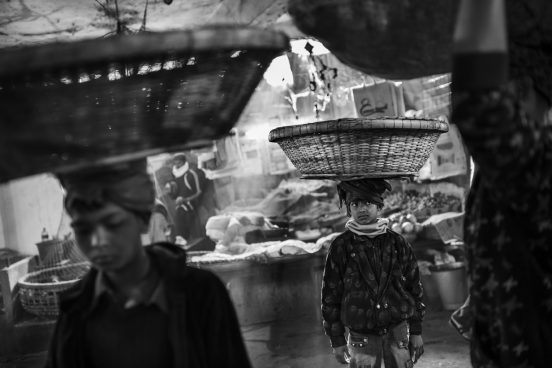
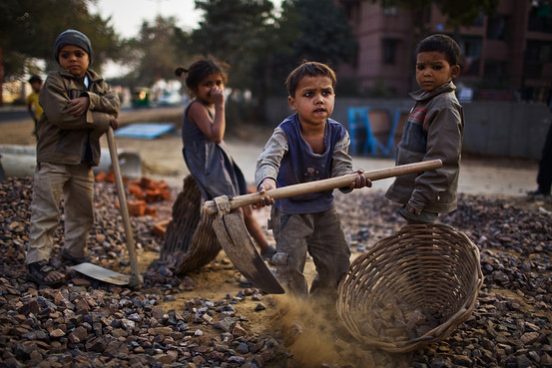
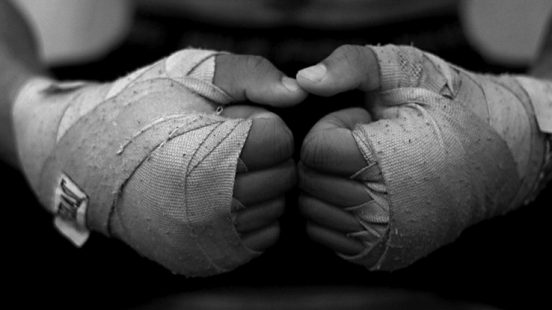
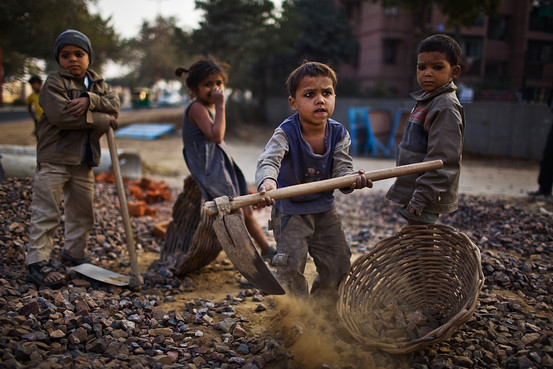
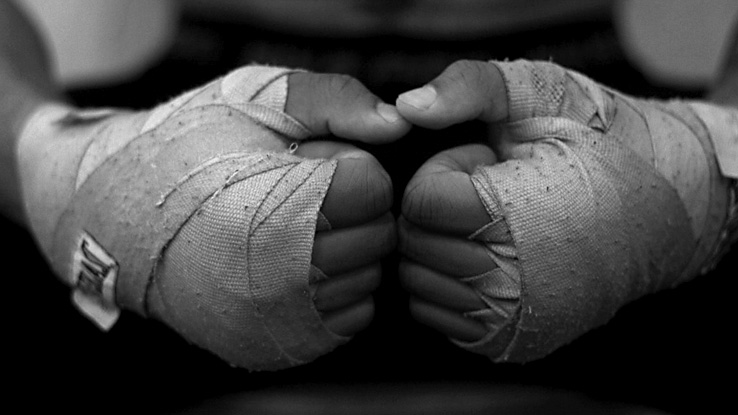
A WordPress Commenter
September 5, 2017 — 12:00 am
Hi, this is a comment.
To get started with moderating, editing, and deleting comments, please visit the Comments screen in the dashboard.
Commenter avatars come from Gravatar.